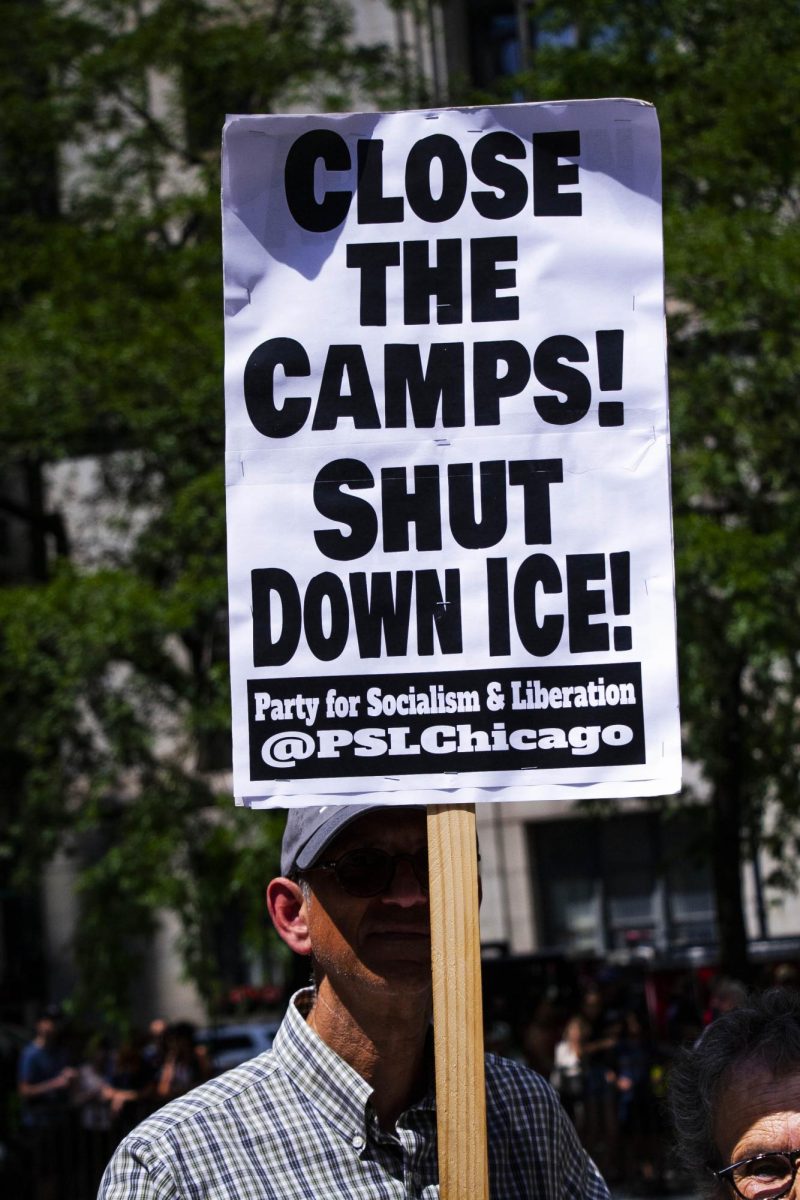Recent developments in the Trump administration’s crackdown on immigration come at the expense of Guatemalan children living across the border in the United States. A total of 341 children at minimum, though some estimates say upwards of 600, have crossed the border into the United States, many of whom came without parents or guardians.
All children who crossed the border without parents risk violating the government’s order, though some have found legal representatives. Resistance to the is growing, including judicial boards across several states, but a two-week hold is the only act preventing them from being fully deported.
The deportation plans came into action Aug. 30 as Immigration & Customs Enforcement and other government agencies approached the children and forced them onto buses late at night with little to no prior warning. Notice only got out later that night, and this gave guardians and protective organizations mere hours to prevent the unlawful deportation.
Through communicative action spanning the morning of Aug. 30 to get word out, judicial action paused the deportation flights later that night. This prevents immediate removal from the country, but only temporarily.
The Trump administration says that the deportation efforts are to ‘reunite children with their families.’ However, the vast majority of migrants crossed the border to escape threatening situations. A 16-year-old refugee said that they are experiencing “threats against my life,” saying, “If I am sent back, I believe I am in danger.”
Other migrants cite a lack of accepting family members who would be willing to take them in, complicating the reintegration matters proposed by the U.S. government. A 17-year-old migrant told her representative team that her father would not accept her home due to her pregnancy, and she would likely be unable to access prenatal, childbirth and postnatal care to support herself and her child.
Judges at the federal and state levels have made efforts to keep the children in the United States. In a hearing the morning of Aug. 30, Trinidad-born judge Sparkle L. Sooknanan ruled from D.C. to pause one flight containing over 50 of the migrants from heading back to Guatemala. Sooknanan, who has halted the deportation for two weeks as the legal case unfurls, said, “I do not want there to be any ambiguity.”
Other children have found representative lawyers to further develop their case for citizenship. In states such as Arizona and Illinois, some migrants have found assistance through personal representation and refugee rights groups.
One such group is the Florence Immigrant and Refugee Rights Project, who said on their clients’ behalf that, “Most of the 53 children on whose behalf we are acting have expressed a fear of return to Guatemala, due to abandonment, abuse, neglect, violence, or trafficking, and all of them have the right to pursue legal relief in the United States.”
The rights that the Trump administration is suspected of violating are due process for all court cases, one example of which is when an undocumented immigrant is at risk of deportation. By attempting to fast-track migrants out of the country on Labor Day weekend, this would bypass the trial these children have a constitutional right to under the 14th Amendment.
However, the administration has received significant backlash from affected communities, and between their efforts and the ongoing trials, more publicity is reaching the planned deportations than they’d hoped.
Many friends and adoptive family members of the migrant children are speaking out about the unlawful acts carried out by the government. Rudy Anibal Tiul Cucul, a Guatemalan father of an unaccompanied U.S. minor, said in a press release, “To my understanding, my daughter has the support of an attorney and she has a pending petition for asylum. She should remain in the United States so that she can have her case heard.”
Many of the children and parents share the same sentiment as Cucul and his daughter, as mMany of the children and parents request asylum to remain in the U.S. despite claims from Trump staff that the goal is to reunite children with their families.
The court cases will play out in the coming weeks, when judges across the U.S. will rule whether or not the deportation actions are enough to prevent the next step in Trump’s mass deportation actions.






